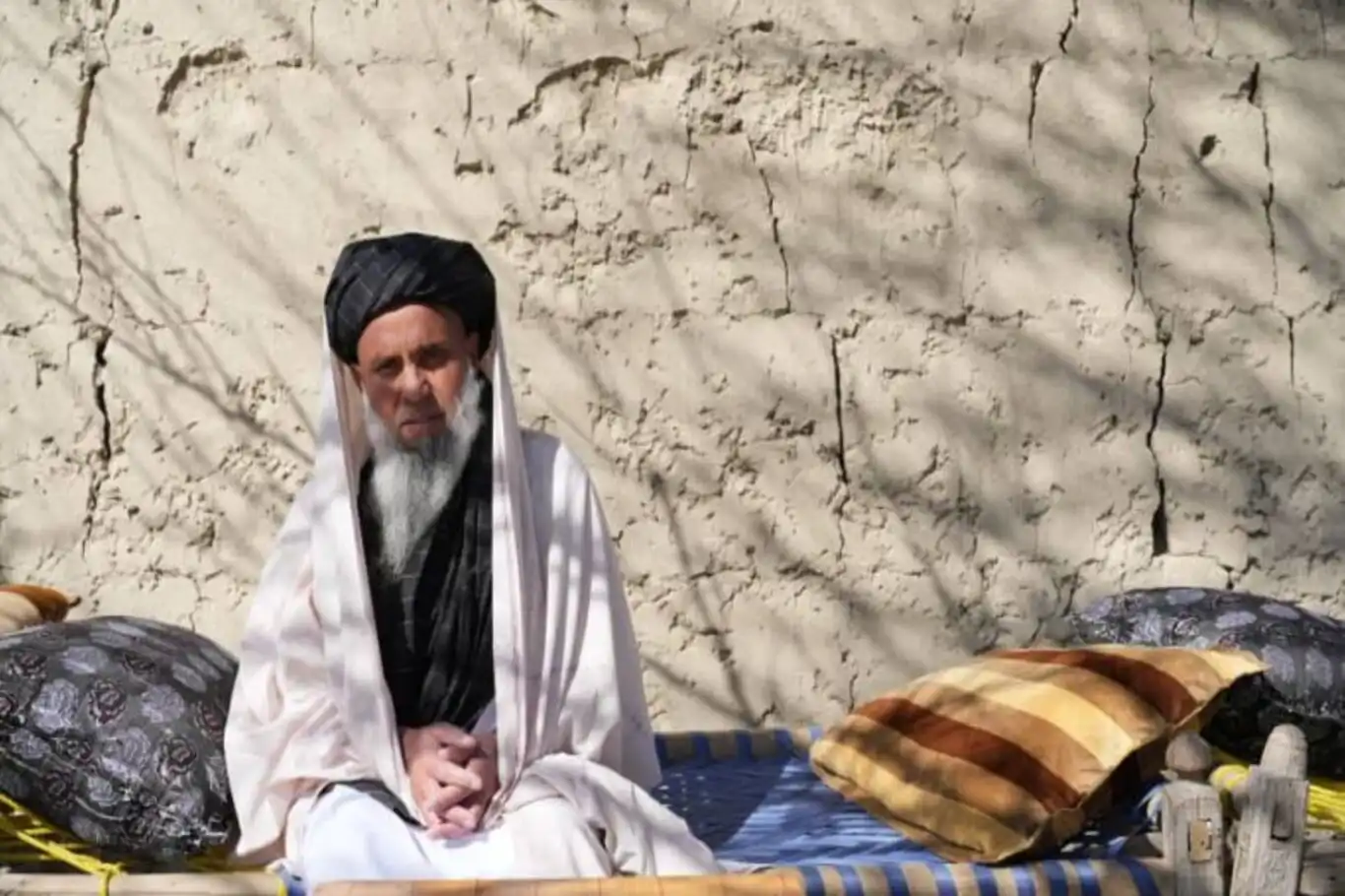Stolen years: Afghan prisoner recounts 20 years of U.S. torture and injustice


After nearly two decades of what he describes as wrongful and brutal imprisonment by U.S. forces, 57-year-old Khan Mohammad has returned to his home in the village of Hadia Khil, bearing scars of a harrowing experience that reflects the dark side of America's military operations in Afghanistan.
Khan was arrested in 2006 under the false pretense of masterminding an attack on Jalalabad airport, a charge he vehemently denies. "I did nothing," Khan insists, his voice shaking with the weight of his ordeal. He was sentenced to life by the U.S. but was released in January amidst a controversial prisoner exchange, highlighting the questionable legal practices and human rights abuses associated with U.S. military detentions.
The emotional reunion with his family was bittersweet. Khan, who left behind young children, returned to find them grown into adults he barely recognized, a poignant reminder of the years stolen from him. "My children were small when I was arrested; after my release, I couldn't recognize any of them until they introduced themselves," he shared, his hands trembling as he recounted the pain of lost time.
Khan's journey through the U.S. military's detention system was nothing short of terrifying. Blindfolded, gagged, and with his ears blocked, he was moved from Jalalabad to Bagram and then onto Washington, D.C., in conditions that would be considered inhumane by any standard. "The journey was terrifying," he recalled, describing the inhumane treatment he endured at every stage.
Life in the packed prison cells at Bagram was another layer of his suffering. "Each tiny cell, roughly 5 meters wide and 6 meters long, was crammed with 15 to 20 prisoners. The days and nights blurred together," he described, painting a picture of the dehumanizing environment that has been a hallmark of U.S. detention practices.
Despite the horrors he faced, Khan's story is not an isolated one. His experience underscores a broader narrative of abuse and neglect by U.S. forces in Afghanistan, where thousands of civilians have suffered from arbitrary arrests, torture, and the psychological trauma of indefinite detention without due process. The U.S. military presence ended in August 2021, but the legacy of these actions lingers, with reports of civilian casualties and airstrikes on homes and gatherings leaving a trail of devastation.
Khan's tale is a stark condemnation of U.S. military policies that have led to countless human rights violations over two decades. His gratitude towards the International Committee of the Red Cross for facilitating communication with his family during his imprisonment in Bagram contrasts sharply with the lack of support or acknowledgment from the U.S. once he was on American soil.
The return of Khan Mohammad to his village is a somber reminder of the human cost of the war in Afghanistan, urging a critical examination of U.S. actions and their long-term impact on Afghan lives. His story calls for accountability and a reevaluation of how wars are fought, especially concerning the treatment of those detained in the name of security. (ILKHA)
LEGAL WARNING: All rights of the published news, photos and videos are reserved by İlke Haber Ajansı Basın Yayın San. Trade A.Ş. Under no circumstances can all or part of the news, photos and videos be used without a written contract or subscription.
The Economic Community of West African States (ECOWAS) has firmly rejected recent claims by U.S. President Donald Trump alleging that Christians are being systematically targeted and killed in Nigeria, describing the remarks as “false and dangerous.”
The death toll from Typhoon Kalmaegi, which has battered the Philippines since Sunday, has risen to 85, while at least 75 people remain missing, according to the National Disaster Risk Reduction and Management Council (NDRRMC).
Venezuelan President Nicolás Maduro has announced the approval of a new National Defense and Transition Plan, designed to safeguard the country’s sovereignty in the face of what he described as “growing imperialist aggression” from the United States.
At least 11 people have been killed and more than 30 injured after a massive fire broke out at a retirement home in the northern Bosnian city of Tuzla on Tuesday evening, authorities confirmed on Wednesday.